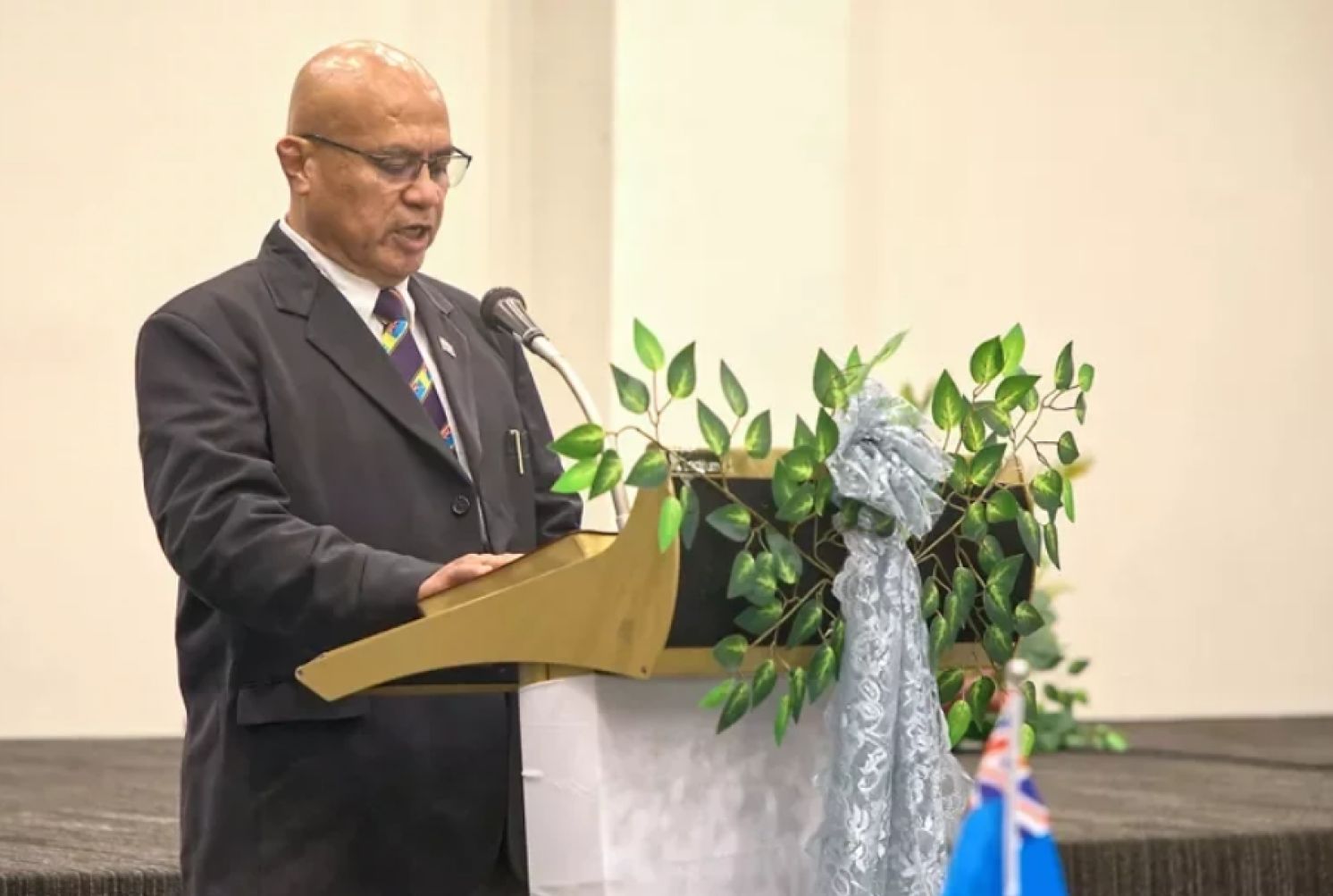
This Week in Taiwan 0225-0302
February 27: "Project Syndicate" published a co-authored article by former Industrial Technology Research Institute (ITRI) president Ching-tai Shih, former Taiwan Semiconductor Manufacturing Company (TSMC) Vice President Ben Lin, and University of Chicago economics professor Chang Tai-hsieh titled "How America’s CHIPS Act Hurts Taiwan." The article criticizes the United States for encouraging Taiwan semiconductor manufacturers to relocate to the United States through high subsidies. This move could potentially lead to TSMC's loss of innovation momentum and the erosion of Taiwan's leading position in advanced semiconductor manufacturing, ultimately affecting Taiwan's economy and even American national security.
February 27: In an exclusive video interview with the Associated Press, Feleti Teo, the new prime minister of Tuvalu, Taiwan's diplomatic ally in the South Pacific, stated that Tuvalu shares the same democratic values as Taiwan and reiterated that his government will maintain diplomatic relations with Taiwan and rule out the possibility of turning to Beijing.
February 29: The fraud scandal involving Tainan Optoelectronics has become more complicated, with YSolar Company charged with illegally acquiring land. The Tainan District Prosecutors Office summoned Tainan Mayor Huang Wei-cher as a witness to explain the situation. YSolar's owner Ku Sheng-hui previously served as advisor to the Executive Yuan and deputy secretary-general of the Hsinchu Friends of Tsai Ing-wen Association, attracting attention.
Meanwhile, Hsinchu County Executive Yang Wen-ko was implicated in a bribery case involving developers and was questioned by prosecutors before being released on bail of NT$500,000 (about US$15,830).
February 29: The Legislative Yuan held elections for the co-chairs of eight standing committees. Both the Kuomintang (KMT) and Democratic Progressive Party (DPP) secured one co-chair position in each committee. All Taiwan People's Party (TPP) legislators voted for KMT candidates and expressed the TPP's intention to cooperate with the KMT in overseeing the DPP's persistent failure to keep its promises on legislative reform bills.
February 29: TSMC announced its third-generation leadership team. Vice presidents Y.P. Chyn and Y.J. Mii have been appointed as executive vice presidents and co-chief operating officers. Chyn is highly regarded by TSMC's founder Morris Chang and was the director of the first wafer factory. Mii, on the other hand, has contributed significantly to furthering advanced semiconductor processes through patents. These adjustments by TSMC signify manufacturing processes, overseas operations, and technology research and development will be the focus of future development.
February 29: The Directorate-General of Budget, Accounting and Statistics (DGBAS), Executive Yuan, raised Taiwan's 2024 economic growth rate to 3.43 percent, which is 0.08 percentage points higher than the previous forecast. This is the best projection in nearly three years.
However, the DGBAS has also revised upward the annual growth rate of the consumer price index (CPI) to 1.85 percent, an increase of 0.21 percentage points from the previous estimate. Experts believe that if electricity prices continue to rise, the CPI may surpass the 2-percent inflation warning line.
February 29: The Kuomintang (KMT) caucus of the Legislative Yuan proposed a new session priority bill to shorten the period for mainland Chinese spouses to obtain Taiwan (R.O.C.) identity cards from six years to four years, aligning it with the requirements for foreign spouses. The bill has received support from the Taiwan People’s Party (TPP), with the goal of reducing discrimination and promoting inclusivity. However, some physicians oppose the bill on the basis of potentially misusing the National Health Insurance (NHI) system and have initiated an online petition calling for a moratorium.
March 1: Cross-strait tensions continue to escalate in waters dividing Kinmen and Xiamen. Spokesman Zhang Xiaogang of the mainland's Ministry of National Defense asserted that Taiwan is an integral part of China's territory, and there is no so-called "median line" in the Taiwan Strait. In response, Minister of National Defense Chiu Kuo-cheng warned that if the mainland does not recognize the median line, it could lead to increased regional pressure and reduced buffer space in the future.